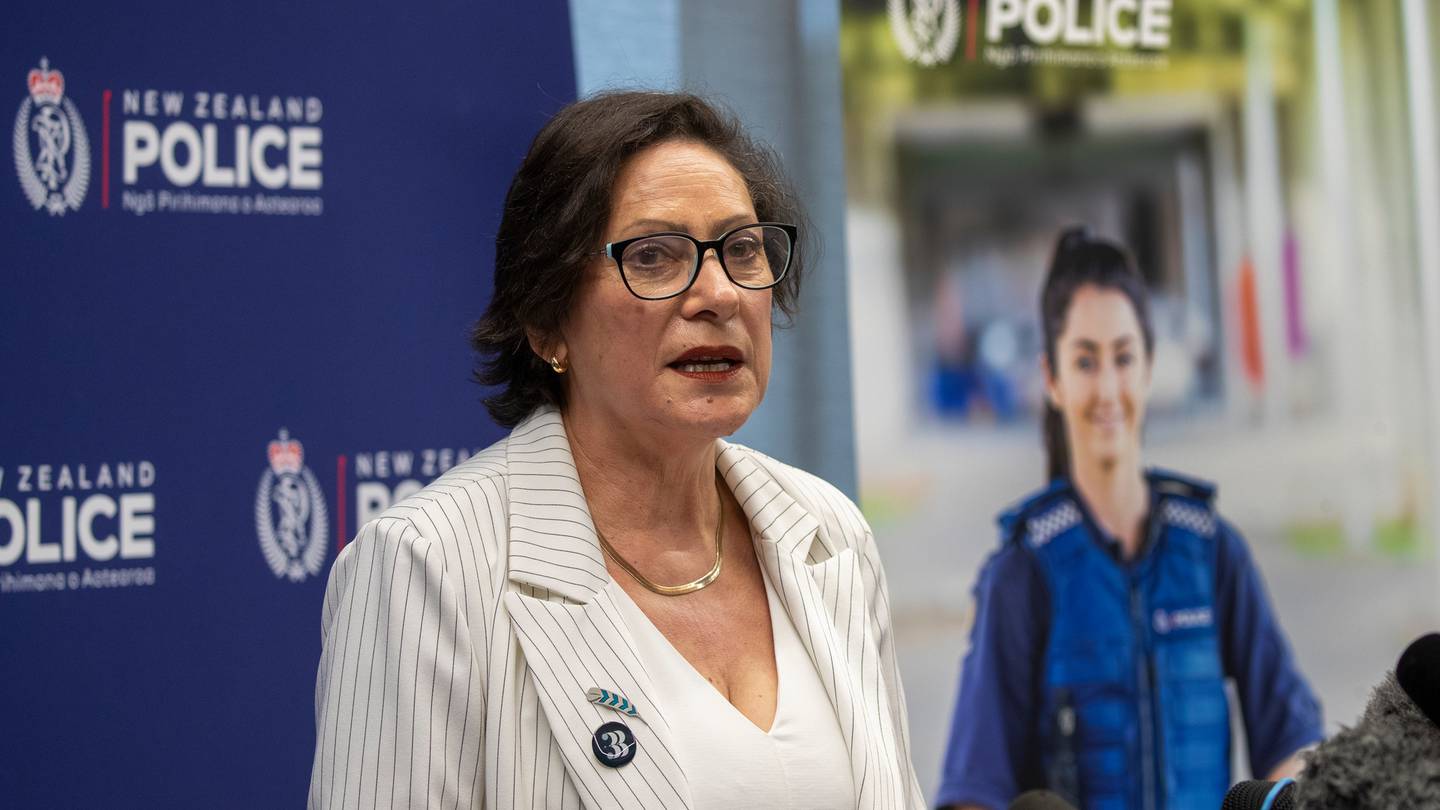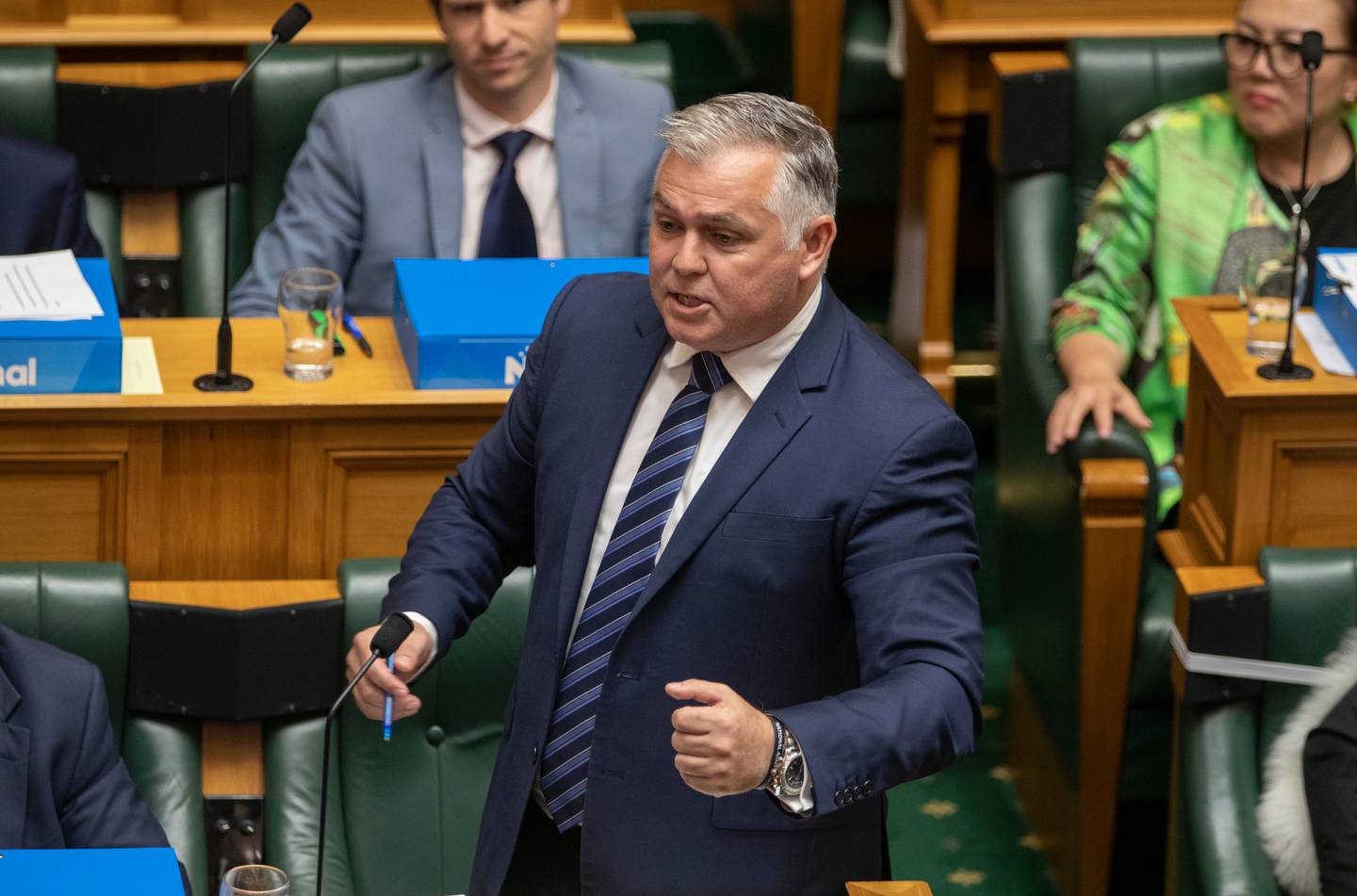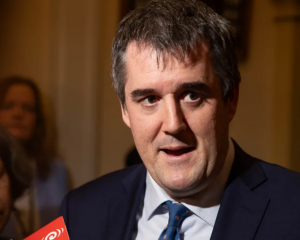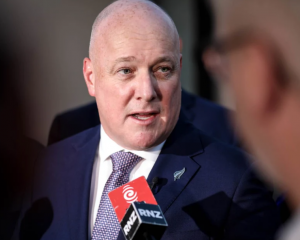
In the past five years, the response times more than doubled across half of the nation and include wait times of more than 100 minutes in some parts of Auckland — a jump of more than an hour.
But while burnt-out officers are grappling with the pandemic, gun crime and family violence could be getting overlooked, experts say.
The National Party said Williams was out of her depth and Labour was peddling a soft approach to crime.
According to figures obtained by National under the Official Information Act, those in Auckland City faced an average wait time of one hour and 49 minutes for police to respond to an incident in February this year — more than four times longer than the 25-minute wait time in October 2017, shortly after Labour came into power.
Northlanders are also waiting one hour and 18 minutes, 47 minutes longer than five years ago, while in Counties Manukau the wait time has risen to one hour and three minutes from 18 minutes.
Response times in the Waikato and Bay of Plenty also surged by 40 and 33 minutes.
The response times are shorter further down the country with the exception of Waitematā, which has a response time of 39 minutes.
Of all 12 districts, Southland is the only area that has bucked the trend, decreasing its response time by 13 seconds to 14 minutes and 52 seconds in the past five years.
The response times in Eastern, Central, Wellington, Tasman and Canterbury all hover around 30 minutes. But it is still a 14- to 16-minute increase compared with 2017.
National Party police spokesman Mark Mitchell said Williams' performance was poor, but response times indicated a broader problem with Labour's approach to crime.
"You've got people committing offences where there's really no consequences. The police aren't being supported by the judiciary."

"Police numbers have increased but the reality is Kiwis who need the help of police are waiting much longer," Mitchell said.
"Gang membership is growing faster than the police muster," he said.
"If the gangs are better resourced and growing faster, the country becomes less safe.
"This growth in gang numbers, combined with extra tasks like manning MIQ and Covid checkpoints, has taken frontline staff away from communities."
Mitchell said Williams was incompetent but the minister accused Mitchell, himself a former cop, of disrespecting police.
"It's become personal for her. None of this is personal for me," Mitchell said.
He said Williams was still blocking him from meeting police district commanders and Commissioner Andrew Coster.
The minister said Mitchell unfairly focused on data from February when police faced exceptional pressures from Covid-19, the anti-mandate occupation at Parliament, and managed isolation.
"And I back the police, this Government backs the police. We do it by ensuring they have the investment they need to do the work that they need," Williams said.
In Auckland, Heart of the City chief executive Viv Beck said locals had asked for more foot patrols and a pop-up police station, but central Government was unresponsive.
"There's an urgent need for a more proactive approach to address safety issues in the central city."
Beck, also a mayoral candidate this year, said relations with local police were good but the force was under major strain.

Roguski said "tough on crime" platitudes were not the solution.
Firearms jobs require a high number of staff, and suck up time as police with minimal information initially have to plan for a potentially dangerous scenario.
"Family violence is going through the roof," Roguski said. Inflation, living-cost pressures, the pandemic and other issues were also pushing more people to breaking point.
The data obtained by National covered response durations for 90 percent of the highest priority events. Police said an average calculation was sensitive to outliers in data, so the other 10 percent were excluded.
Police deputy commissioner Glenn Dunbier told Newstalk ZB median response times for the most critical incidents had risen by only 39 seconds in the past five years.
Last month a police source told The New Zealand Herald criminals were more brazen after officers were taken off the beat to contain the Parliament protest and respond to the pandemic.












